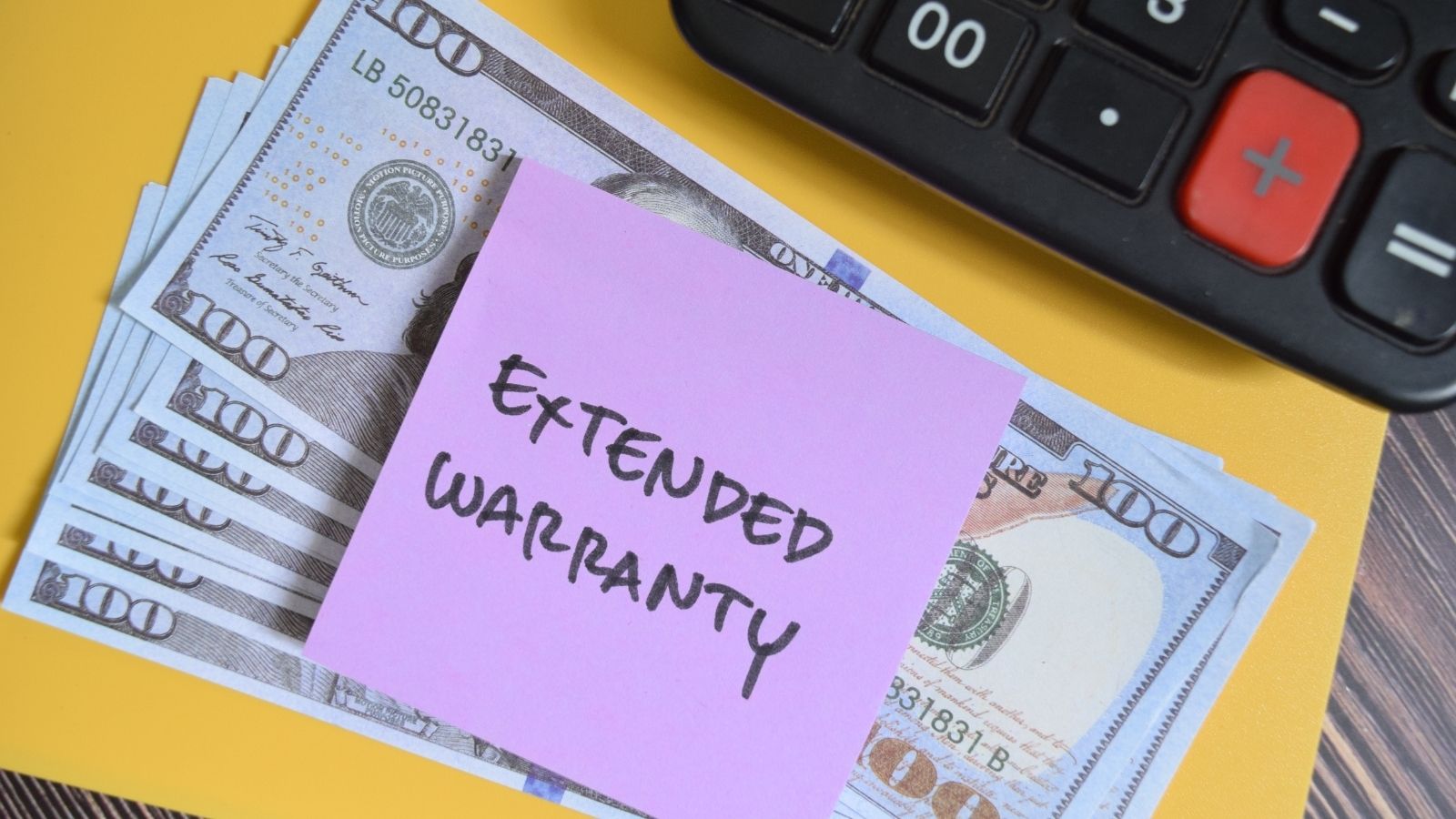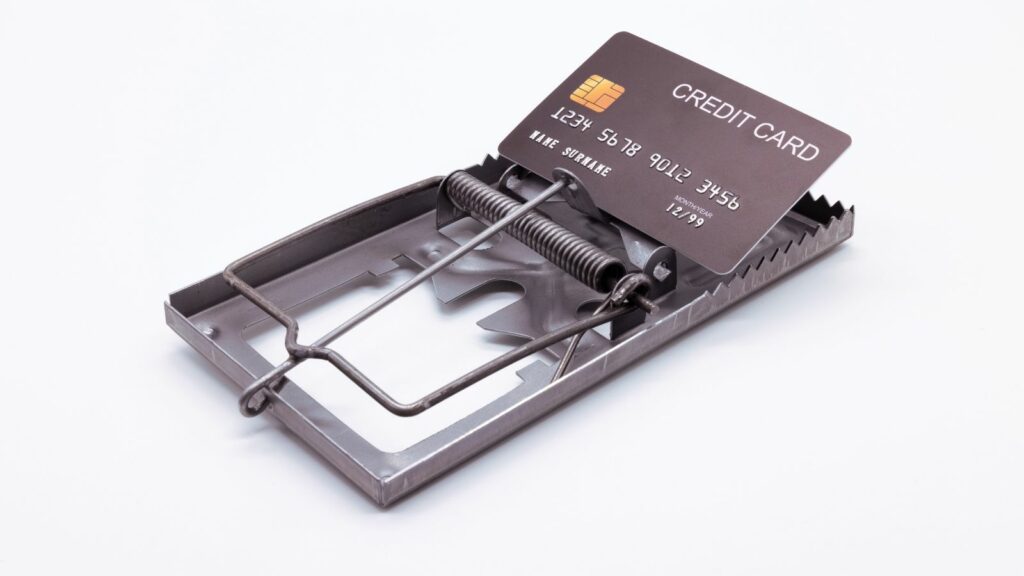With a rapidly changing financial landscape, even the most savvy individuals can fall prey to financial traps. These traps can quietly erode your financial well-being, leading to unnecessary stress and financial instability. We look at 15 hidden financial traps to beware of this year:
Rising Interest Rates

Interest rates are creeping up, with federal figures between 5.25% and 5.50% as of July 2024. High interest rates are affecting everything from mortgages to credit card debt as higher rates mean more expensive borrowing costs. If you’re carrying a variable-rate loan or plan to take out a new loan you should be prepared for increased monthly payments.
Inflation

Inflation is a silent financial killer that puts a serious dent in people’s ability to buy. Current inflation rates are 2.9% for the 12 months leading up to July 2024 and it doesn’t look like things will be changing anytime soon. While your salary might remain stagnant, the cost of goods and services continues to rise when inflation is high. This can lead to a gradual erosion of your savings and make it harder to maintain your current standard of living. With high interest rates, planning and budgeting are essential so that you don’t overspend.
Subscription Services

Subscription services have become a normal part of everyday life, from streaming platforms to monthly product boxes. While these services often start with a free trial or low introductory rate, the costs can quickly add up. It’s easy to lose track of all the subscriptions you’re paying for, leading to significant monthly expenses. It’s important to regularly review bank statements and cancel any services you no longer use.
Buy Now, Pay Later (BNPL) Schemes

BNPL schemes such as Klarna and Clearpay, are increasingly popular, offering consumers the ability to split purchases into smaller, interest-free payments. But, these schemes can encourage overspending and lead to financial strain when multiple payments come due at once. Missing a payment can result in hefty fees and may have a negative impact on your credit score.
Hidden Fees in Investment Accounts

Investment accounts often come with hidden fees, such as management fees, transaction fees and expense ratios. These fees can quietly eat into your returns over time, significantly reducing the amount you earn from your investments. Be sure to review the fee structure of your investment accounts and consider switching to low-cost options.
Variable Utility Costs

Utility costs, including electricity, water, and gas, can fluctuate throughout the year. Extreme weather conditions, such as a harsh winter or a scorching summer, can lead to unexpectedly high bills. To avoid financial strain, consider budgeting for these variations or explore fixed-rate plans that provide more predictable monthly costs.
Healthcare Costs

Healthcare costs in the U.S. are notoriously high and often unpredictable. Even with health insurance, out-of-pocket costs such as deductibles, co-pays, and out-of-network charges can add up quickly. An unexpected medical emergency can lead to substantial financial strain, making it essential to have an emergency fund and consider supplemental insurance options.
Unplanned Home Repairs

Homeownership can be a financial blessing, but it also comes with unexpected expenses. Major home repairs, such as a leaky roof, a broken HVAC system, or plumbing issues, can cost thousands of dollars. These unplanned expenses can disrupt your budget and lead to debt if you’re not adequately prepared. Regular home maintenance and a dedicated home repair fund can help mitigate these risks.
Lifestyle Inflation

As your income increases, it’s natural to want to upgrade your lifestyle. However, lifestyle inflation can quickly eat up any extra income, leaving you no better off than before. It’s important to resist the temptation to spend more as you earn more. Instead, focus on saving and investing any additional income to secure your financial future.
Credit Card Rewards Traps

Credit card companies often lure customers with enticing rewards programs. While earning points, miles, or cash back can be beneficial, it can also encourage overspending. If you’re not careful, the interest and fees you incur by carrying a balance can outweigh any rewards you earn. You should aim to pay off your credit card balance in full each month to avoid falling into this trap.
Student Loan Debt

Student loans are a significant burden for many Americans, with the average borrower owing $37,853. While student loans can be a necessary investment in your future, they can also become a long-term financial trap if not managed properly. You should consider refinancing options, income-driven repayment plans and prioritizing repayment to avoid falling behind on your debt.
Car Ownership Costs

Owning a car is more expensive than many people realize. Beyond the monthly payment, you need to consider insurance, maintenance, fuel and depreciation. These costs can add up quickly, especially if you’re financing a new or luxury vehicle. To avoid financial strain, consider purchasing a reliable used car or use public transport.
Extended Warranties

Extended warranties are often pitched as a way to protect your purchases, but they can be a waste of money. Many products already come with a manufacturer’s warranty and the likelihood of needing an extended warranty is often low. Before purchasing an extended warranty, consider whether the cost is justified and if the item is likely to require expensive repairs.
Payday Loans

Payday loans are marketed as a quick fix for financial emergencies, but they come with exorbitant interest rates and fees. Borrowing just a few hundred dollars can lead to a cycle of debt that’s difficult to escape. If you find yourself in need of quick cash, explore alternative options such as borrowing from a friend or family member or negotiating a payment plan with your creditors.
Underestimating Retirement Needs

Many people underestimate how much money they will need in retirement. With longer life expectancies and rising healthcare costs, it’s essential to save more than you think you’ll need. Failing to do so can lead to financial hardship in your later years. Working with a financial advisor can help create a realistic retirement savings plan that accounts for inflation, healthcare, and unexpected expenses.
5 Canadian Provinces Predicted to Thrive in the Next Economic Boom

5 Canadian Provinces Predicted to Thrive in the Next Economic Boom
